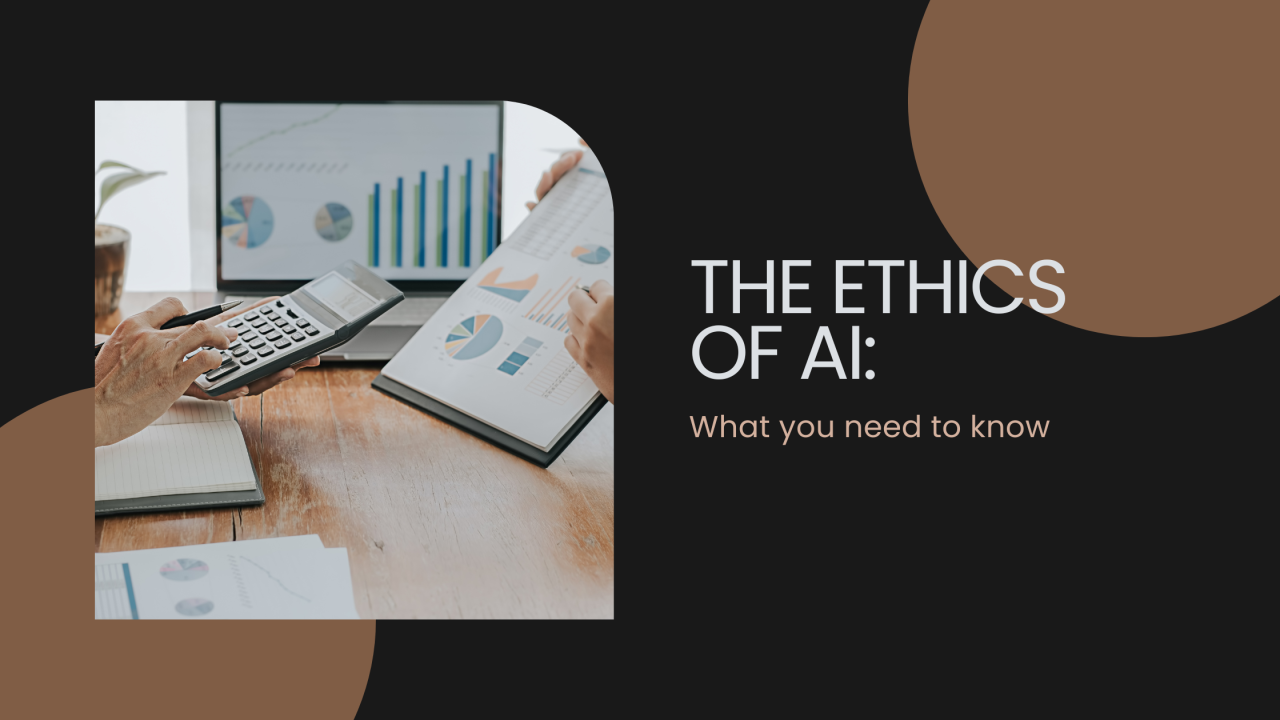The introduction of AI has indeed changed the face of the world, however, there has been a very concerning recent trend of rapid AI development. In the future as AI technology improves, it will be crucial to comprehend these obstacles in order to handle the technology properly.
At the core of issues of AI ethics, there are values, principles or moral codes that relate to how such systems are designed, operated, and maintained. It is about balance, in this case allowing AI to flourish while being mindful of any repercussions it can cause.
Transparency is considered to be one of the guiding principles to ethical AI. Firstly people need to know how AI operates, what data AI uses and the rationale behind the decisions made by AI. It is this transparency that creates trust and accountability among developers and assists in the avoidance of problems like bias or unfair practices.
Fairness is also another very significant piece of Chicago. It is usually the case that AI generates the biases that are already contained within the data it was trained on and this results in there being a negative outcome. This is especially bad in sectors such as recruitment, lending or law enforcement in which AI helps decide outcomes. Eliminating bias involves choosing and vetting data very carefully, developing non-bias algorithms and having AI systems continuously checked for any issues.
There are also serious issues concerning privacy. AI usually makes use of big data, thus raising pertinent questions on the management and protection of personal data. There is an ethical framework for AI in that it aims to protect privacy by seeking informed consent, maintaining reliable security, and safeguarding everyone.



Leave a Reply